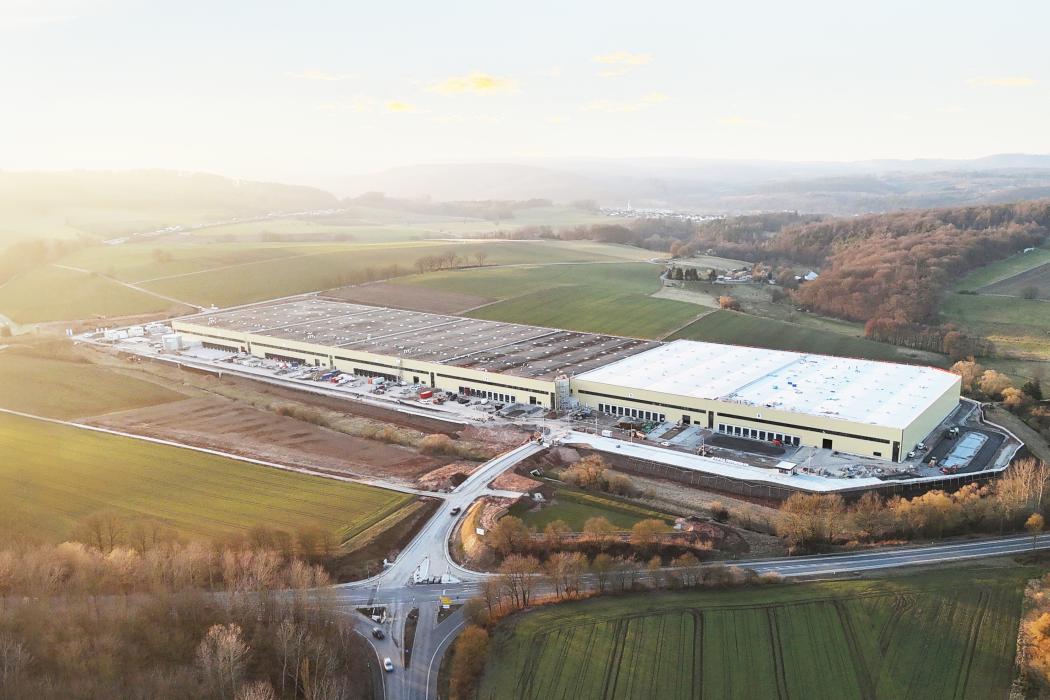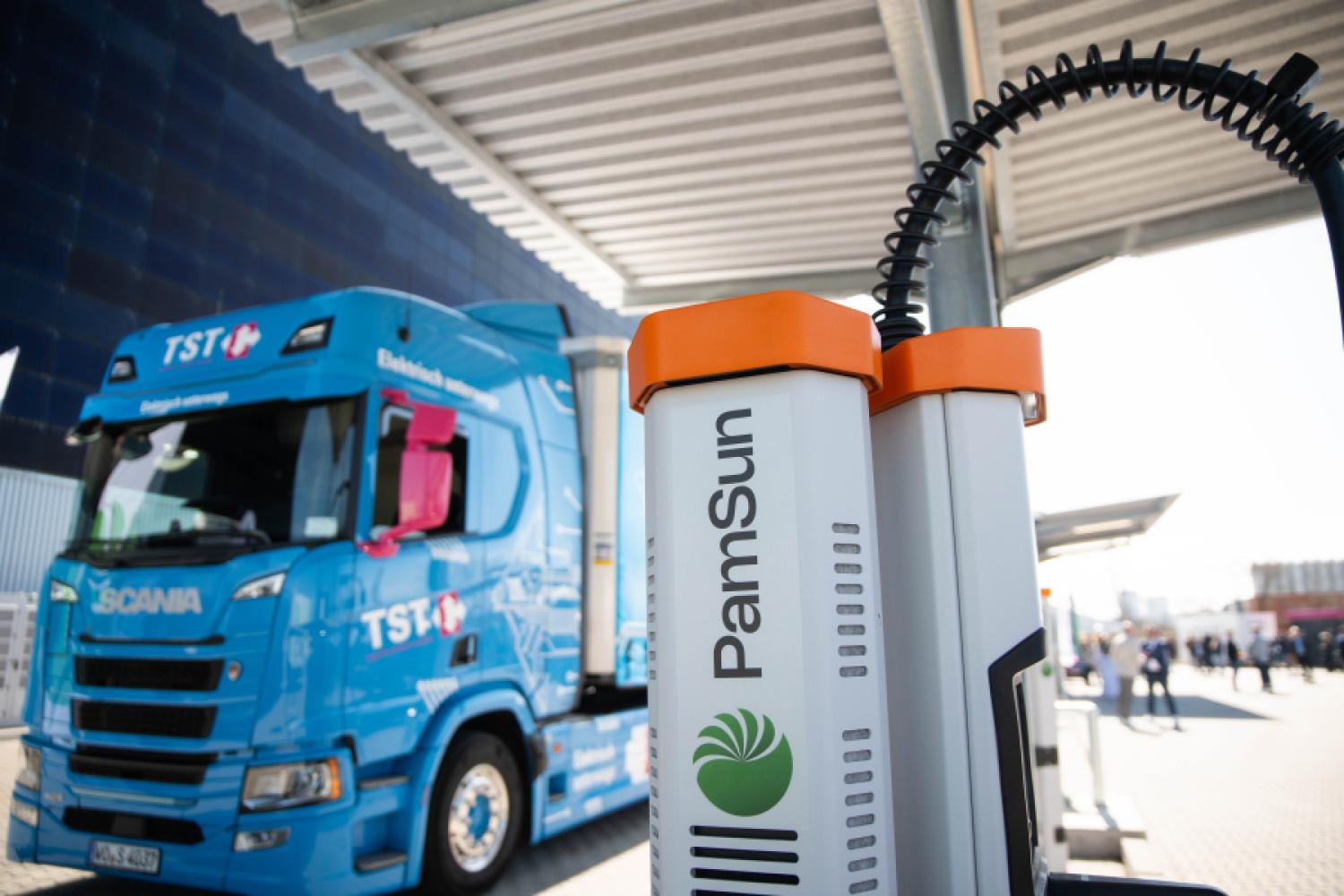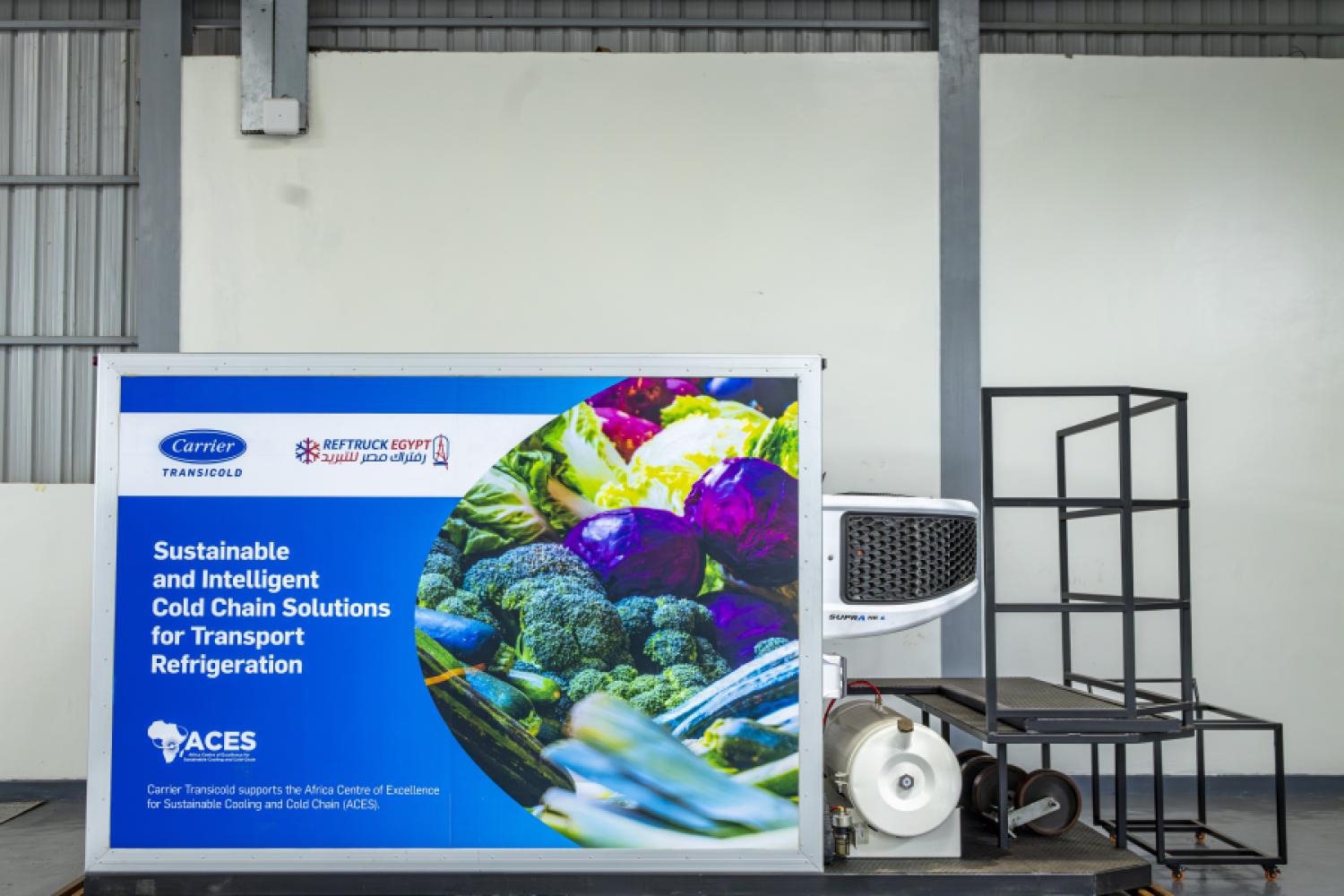The German industrial and logistics real estate market recorded a transaction volume of 2.52 million square meters in the first half of 2025. Compared to the first half of 2024, this is an increase of 3.1 percent. This result of an analysis was published by the real estate service provider CBRE on July 14.
“The German industrial and logistics real estate market has shown stability in the first half,” said Rainer Koepke, Head of Industrial & Logistics Leasing at CBRE in Germany.
The transaction volume was slightly above the level of the last two first halves of the year, but significantly below the level that was common in previous years. CBRE only records deals of over 5,000 square meters outside the top 5 logistics markets. The top 5 markets are Berlin, Düsseldorf, Frankfurt/Rhein-Main, Hamburg, and Munich.
While the big-box vacancy rate at 4.1 percent was still 0.9 percentage points above the value of the second quarter of 2024 year-on-year, it decreased within the past three
months from 4.5 percent by 0.4 percent. However, there are significant regional differences regarding the vacancy rate. While the regions of Halle/Leipzig (plus three percentage points over the last twelve months to 9.5 percent), Magdeburg (plus 8.4 percentage points to 8.9 percent), and Berlin (minus 0.9 percentage points to 8.5 percent) recorded high vacancy rates, vacancies in many of the top markets remained very low (Hamburg stable at zero percent, Munich plus 0.9 percentage points to 0.9 percent, and Frankfurt/Main plus 1.4 percentage points to 1.8 percent). According to CBRE, there was full occupancy in the big-box market in the regions of Karlsruhe, Lower Bavaria, Nuremberg, Saarbrücken, and Stuttgart.
Furthermore, according to the analysis, the pipeline of spaces under speculative construction and not yet pre-leased has reduced by 36 percent to 810,000 square meters within the past twelve months. Also, the share of the transaction volume in the first half that comes from new buildings was 43 percent, which is 16 percentage points below the
value of the previous year.
Nevertheless, all five of the largest transactions of the first half of 2025 were new buildings. The largest transaction of the past half-year, according to CBRE, was owner-occupied by Netto with over 65,000 square meters in Kremmen in the district of Oberhavel in Brandenburg. Overall, owner-occupiers contributed 27 percent to the transaction volume (plus two percentage points).
The most active demand sector in the first half of 2025 was transport and logistics companies. Their share increased by five percentage points to 36 percent compared to the previous year. Meanwhile, the share of retail companies (including online retailers) reduced by three percentage points to 29 percent. Manufacturing companies had a share of 28 percent (minus five percentage points).
“The increase in logistics companies is remarkable, as they have significant underutilized spaces due to the economic cycle, known as ‘gray vacancy’,” said Koepke. “On the positive side, more retail and manufacturing companies are outsourcing their logistics again to save costs and own
personnel.”
“So far, there is no discernible impact of the boom in the armaments sector on the industrial and logistics real estate market,” Koepke noted. “It is not expected that this sector will drive space demand significantly in the future, but more production halls are expected as owner-occupancies, which will then count towards the transaction volume.” Since armaments goods are generally contract productions, companies do not need larger storage spaces.
“Given the still challenging time for the German economy and further uncertainties – currently due to the uncertainty about US tariffs affecting both export directions and supply chains – a forecast is very difficult,” Koepke added. However, surpassing the five-million-square-meter transaction volume mark is to be expected, reaching a level similar to the past two years.
“The latest sentiment indicators suggest that the largest economy in Europe will leave its weak phase behind,” added Dr. Jan Linsin, Head of Research at CBRE. “Especially the logistics sector will benefit from the additional investments in the local






